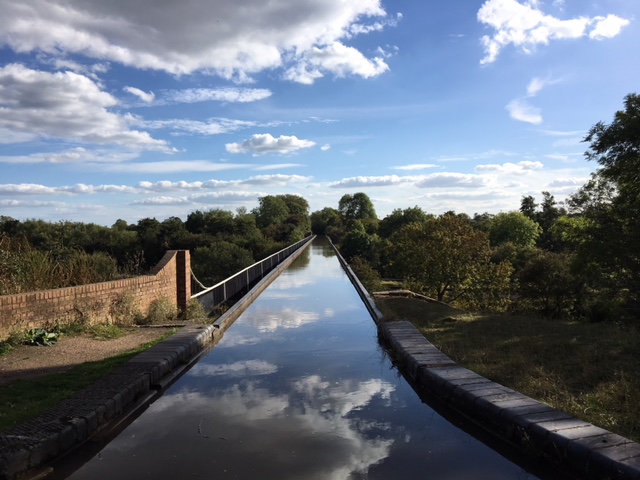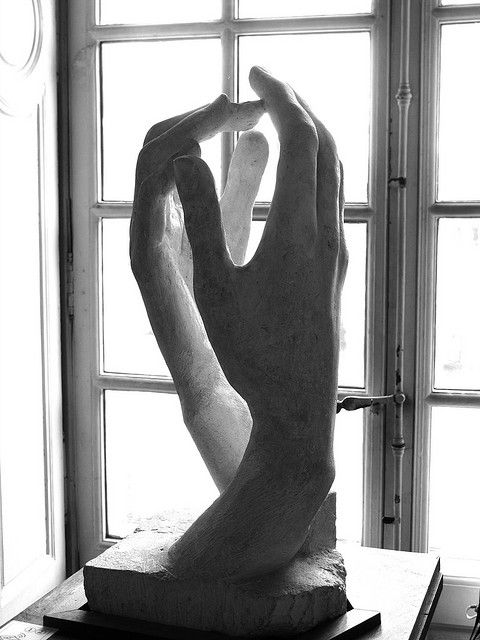Dear Integral Meditators,
This weeks article looks at how we can start to access subtle levels of consciousness in meditation using simple visual keys. Subtle states of consciousness can make us more creative, calmer, wiser and give us access to greater self awareness and self healing. So all in all they are well worth cultivating!
This weeks image courtesy of Penny Ouvry, Wootton Wawen on the Stratford-on-Avon canal.

 Visual keys to subtle meditation states
Visual keys to subtle meditation states
As we continue to meditate, gradually our mind becomes calm and more focused. This in turn enables us to start becoming aware of subtle states of consciousness that are normally covered up by the activity of our everyday mind and activities. Awareness of these states starts to emerge naturally in any meditation practice, but we can accelerate it by meditating upon simple visual keys designed to encourage subtle states. Below I explain examples of such keys to awaken to four subtle experiences:
- Awareness of our subtle energy body
- Deeper intuitive and creative awareness
- Expanded emotional states
- Formless timeless awareness
You can read a bit more extensively about these states in my past article the Four Subtle Experiences in Meditation.
Stage 1 – Awareness of the rising light
Be aware of your point of contact with the floor or ground. Look down in your mind’s eye into the heart of the earth. See there a huge ocean of light and energy. Imagine it as the energy of the Planetary being. See this light rising and flowing into your body, through your feet, or point of contact with the earth. See your physical body filling with light and energy from the earth until eventually you have a light body, the same shape and size as your physical body, and inhabiting the same space, but made of light and energy. Become aware of the flow of energy through your light body, directing it toward areas of your body that may need healing. More detail of this meditation can be found here: Earth light meditation form.
Stage 2 – Awakening to subtle intuitive states
Within your light body visualize a candle flame in the center of your chest/heart space. Imagine that it embodies the energy of your intuitive, creative and visionary consciousness. Focus on that flame and relax into it. Allow creative thoughts, images and visions to flow into your mind as you relax. If you like you can think intuitively around a particular area of your life or work.
Stage 3 – Connecting to expanded emotional states
Again, using the candle flame in your heart as an anchor, recall times in your life when you have felt a deeper or expanded state of emotion. It could be love, compassion, rapture, wonder, anything like that. The main thing is it was a powerful experience for you. Revisit your memories of that experience, and gently recrate the feeling of it within your heart space. Relax into that feeling and experience.
Stage 4 – Relaxing into formless timeless awareness
Focusing on the candle flame, imagine everything else within your field of awareness gently being consumed by the light of the candle, so that all you are left with is an open spacious feeling of pure light and awareness. Let your attention gently absorb into that state, so that you become familiar with the feeling of it.
The idea here is that we are using the image of the light body and candle flame as an anchor from which we can grow our experience of these four subtle states in a stable, gradual and experiential way. They also act as objects for our mind to focus upon in meditation to build focus and concentration in general. Once you are familiar with them, you can recall your light body and the candle flame as you go about your daily activities. as well. This will help further integrate these four subtle states of consciousness into your everyday awareness.
© Toby Ouvry 2018, you are welcome to use or share this article, but please cite Toby as the source and include reference to his website www.tobyouvry.com
Integral Meditation Asia
Online Courses * 1:1 Coaching * Books * Live Workshops * Corporate Mindfulness Training *Life-Coaching * Meditation Technology
 Learning to conserve, build and circulate your energy (not waste it though dissipation and distraction)
Learning to conserve, build and circulate your energy (not waste it though dissipation and distraction) Seven essential dimensions of meditation practice
Seven essential dimensions of meditation practice





